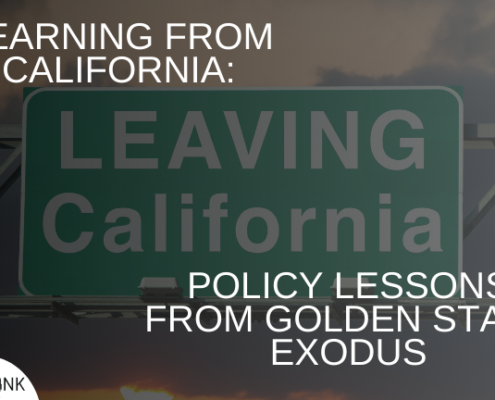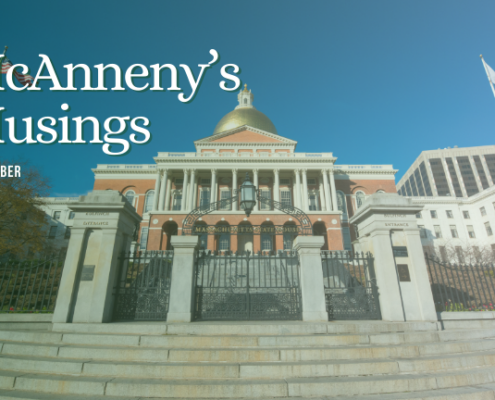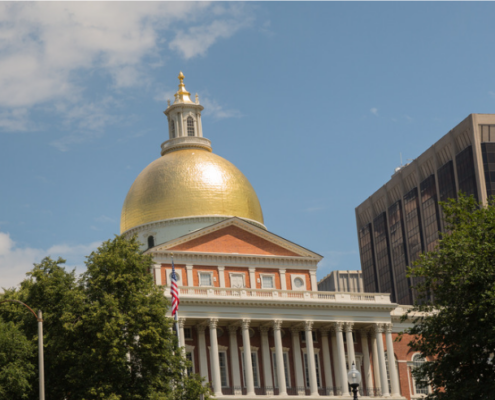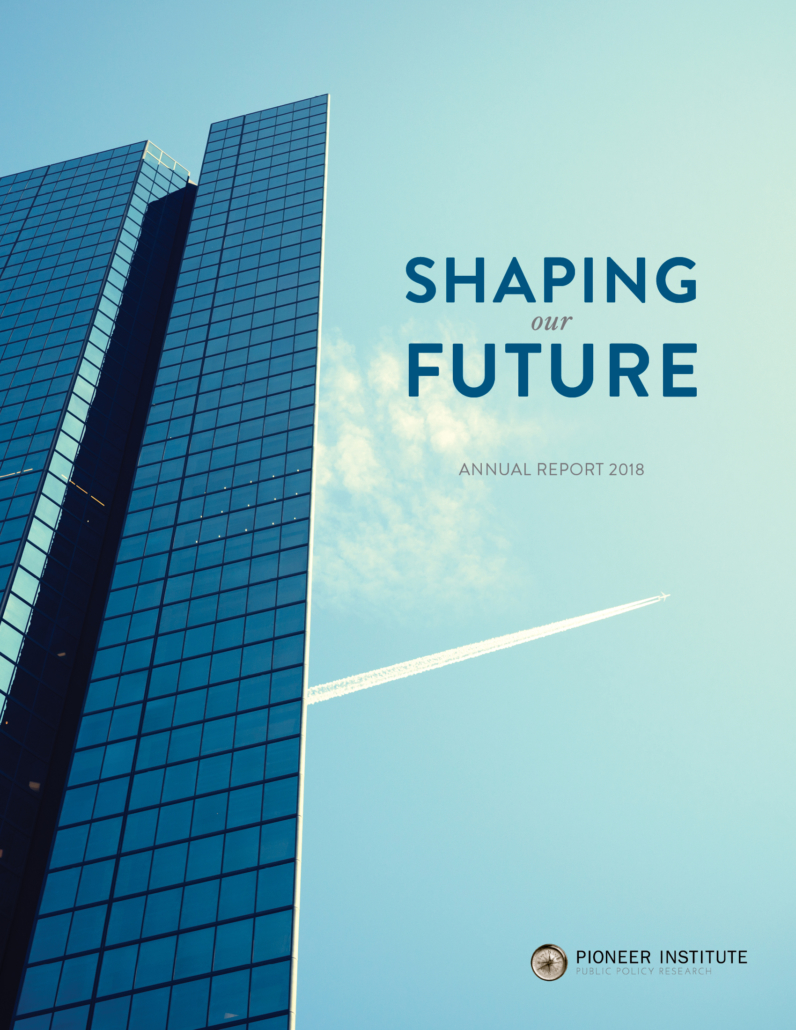Presenting Pioneer’s New Annual Report: “Shaping Our Future”
/0 Comments/in Blog /by Editorial StaffWe at Pioneer Institute work every day to promote policies that result in better school options, broader access to affordable healthcare, improved public services and infrastructure, and a more attractive climate for innovators and capital.
In Pioneer’s 2018 Annual Report (available to download or view online here), we share our work to drive this agenda in the Commonwealth and across the country. We share progress at the MBTA, even as much work remains. And we share success in expanding economic opportunity.
In this report back to you, our community of supporters, we change our format to focus on impact. We do this understanding that we cannot control the future any more than one controls one’s luck. In “Shaping Our Future,” we aim to show how we’re working to shape probabilities for success, with an emphasis on liberty and giving more individuals and families opportunity to pursue happiness.
None of this work and the impact it is having would be possible without you. Pioneer is, as Alexis de Tocqueville put it, a voluntary association of free individuals. Your choosing us, placing your trust in and committing resources to Pioneer, is sincerely gratifying.
If you’re already a member, thank you for your support. If you are not yet, please consider joining today. Your tax-deductible gift will help us continue our work!
Stay Connected!
Recent Research:

MA Teacher James Conway & High School Grad Ela Gardiner on MCAS Testing

Study Finds Results of International Assessments Confirm Quality of MCAS

Vitamin Parents Part 2: Twin Moms Converting a Decent Traditional School Experience Into a “Wow” Homeschool One

Edward Achorn on Abraham Lincoln, the Civil War, & Slavery

Vitamin Parents Part 1: Twin Moms Converting a Decent Traditional School Experience Into a “Wow” Homeschool One

PRI’s Lance Izumi on The Great Classroom Collapse

Learning From California: Policy Lessons From Golden State Exodus

Is Massachusetts at a Turning Point – 10 Data Points That Give Me Pause

From Stress to Success: How Daniella Transformed Her Son’s Learning with ESA Funds

AFC’s Denisha Allen on School Choice & Black Minds Matter

New England Short Circuit: Distorted Incentives Drive Energy Prices Up and Reliability Down

From Garden to Table: How Alicia Garcia Reshapes Home Ec with ESAs

UK’s Prof. Richard Holmes on Coleridge, the Ancient Mariner, & Poetry

Controlling Drug Prices: Costs and Benefits of Direct Negotiation with Big Pharma

NYT’s Anupreeta Das on Bill Gates, Microsoft, & Tech Billionaires

Harris’ Tax Vision: Policy & Politics

Poll: State Voters Overwhelmingly Support Ending Public Records Exemption, Auditing the Legislature





